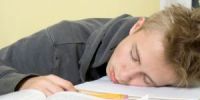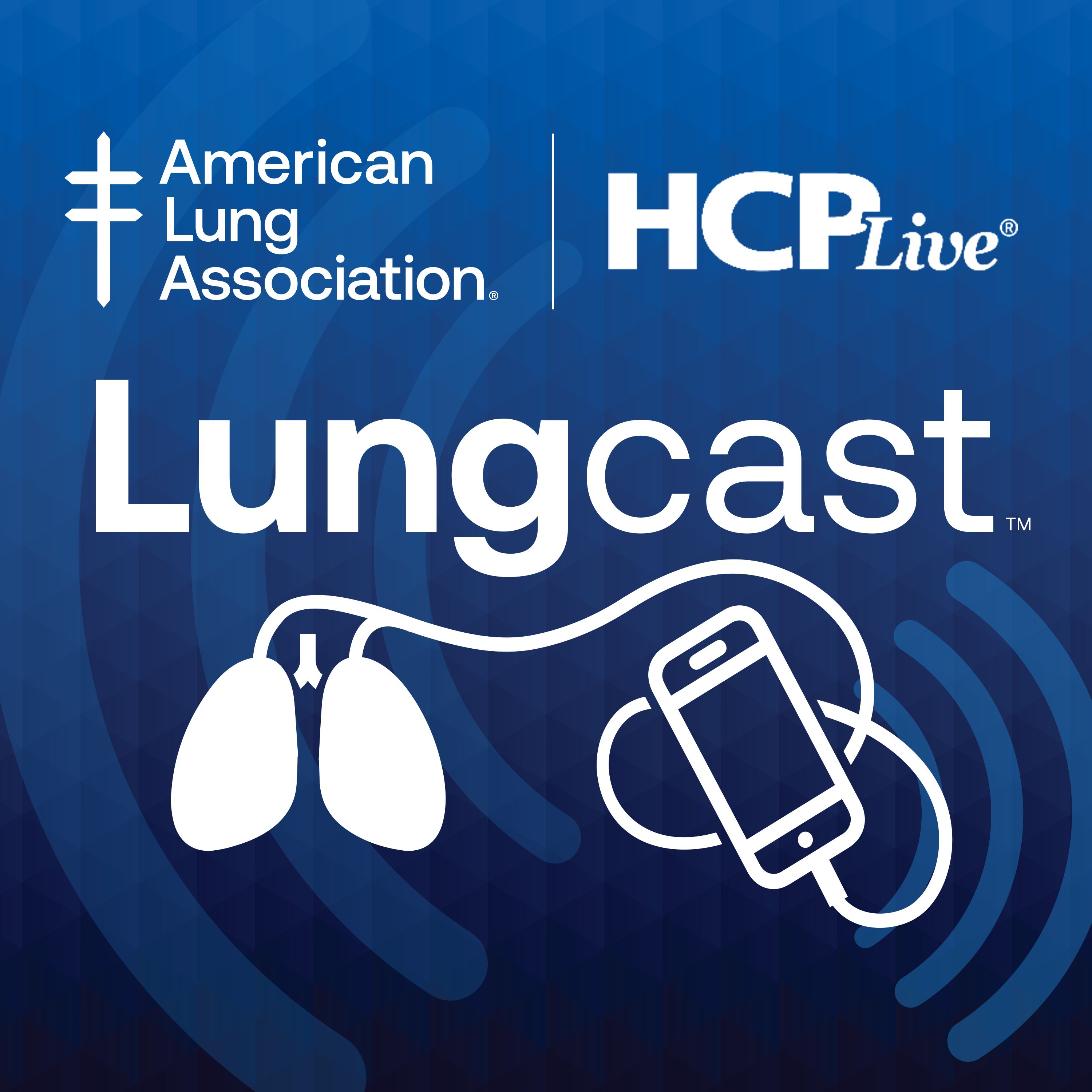Article
Sleep Duration Increased for Adolescents During COVID-19 Pandemic
Author(s):
The total duration of sleep increased from 9 hours 8 minutes prior to the pandemic to 9 hours 54 minutes during school closures in Taiwan.

Certain sleep habits emerged during the COVID-19 pandemic for students in Taiwan during the COVID-19 pandemic, including delayed bedtimes and increased total sleep duration.
A team, led by Han-Yi Tsai, MSN, RN, School of Nursing, College of Medicine, National Taiwan University, examined sleep changes in first graders before and after school closure and identified the association between parental work rearrangement and children’s sleep changes during the COVID-19 pandemic.
“Sleep is an indicator that reflects children's behavioral changes in response to the COVID‐19 pandemic,” the authors wrote. “As routine changes, parents should be aware of child's parasomnia symptoms. Nursing interventions could aim at promoting sufficient external cues in the daytime during home confinement.”
The Impact
It is well known that home confinement during the pandemic substantially impacted children’s sleep worldwide. Studies have shown children’s sleep-wake patterns are delayed, while total sleep duration increased during the pandemic.
In the observational study, the investigators had 103 first grade students fill out the children’s sleep habit questionnaire before and after school closure. The investigators then used paired t-test and general linear models to analyze the data. The survey also included background information questions.
The Questionnaire
The children’s sleep habit questions was developed specifically for individuals aged 4-10 years with 8 dimensions including bedtime resistance, sleep onset delay, sleep duration, sleep anxiety, daytime sleepiness, night wakings parasomnias, and sleep-disordered breathing. The mean age was 7.03 years and 88.3% of primary caregivers were mothers and 68% of parents (n = 70) were forced to adjust their work schedule because of school closures.
The results show participants delayed their bedtime and rising time, while total sleep duration increased. In addition, parents who rearranged their work during the pandemic perceived more child parasomnia symptoms (P = .029) and less delayed sleep-wake patterns in their children.
The total duration of sleep increased from 9 hours 8 minutes to 9 hours 54 minutes (t = 6.995, P <.001). Children also received higher scores of bedtime resistance (t = 2.084, P = .040), sleep onset delay (t = 4.042, P <.001), sleep anxiety (t = 2.219, P = .029). On the other hand, the scores of daytime sleepiness (t = −10.729, P <.001) declined.
The total CSHQ score before school closures was 51.51, compared to 48.92 after school closures (t = −4.232, P <.001).
The results also show children whose parents did not rearrange their work slept significantly longer compared to those that didn’t (F = 7.518, P = .007). This group also received a lower score on parasomnia (F = 4.877, P = .030) than those whose parents rearranged their work during the pandemic.
There could be a number of explanations for the results.
“Our results indicated that children delayed their bedtime and rising time, but total sleep duration increased,” the authors wrote. Owing to home confinement, with fewer outdoor activities, children received less sunlight during the pandemic. External cues such as light or social interaction are external cues for the circadian clock.”
The study, “Sleep changes in Taiwanese first graders before and after school closure during the COVID‐19 pandemic,” was published online in Wiley.





